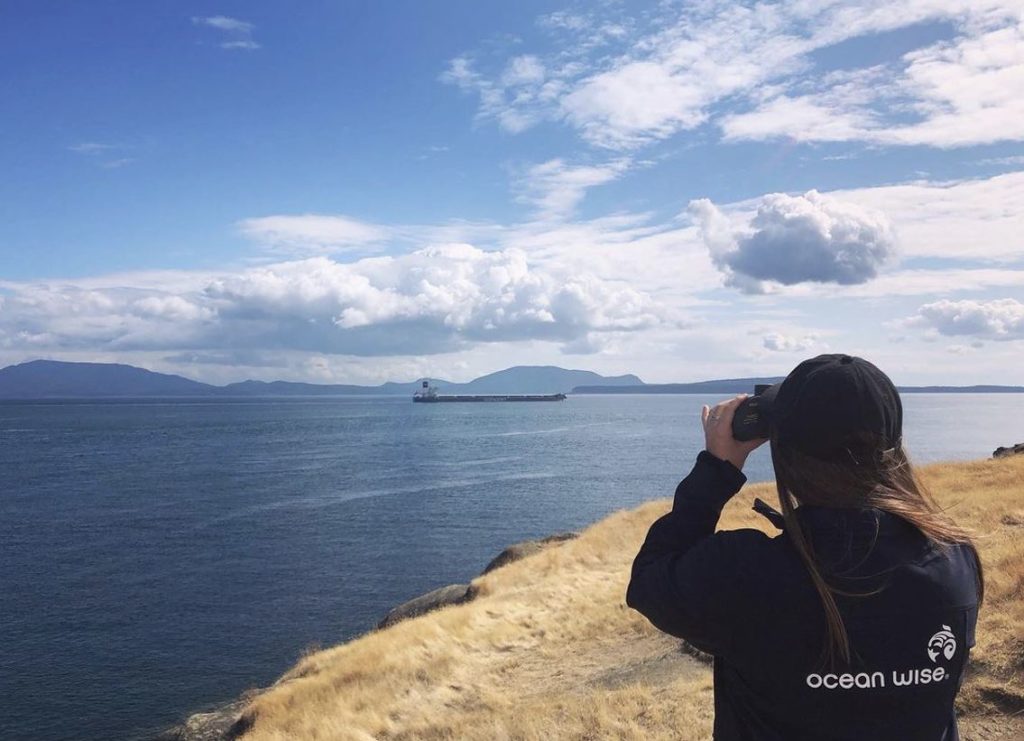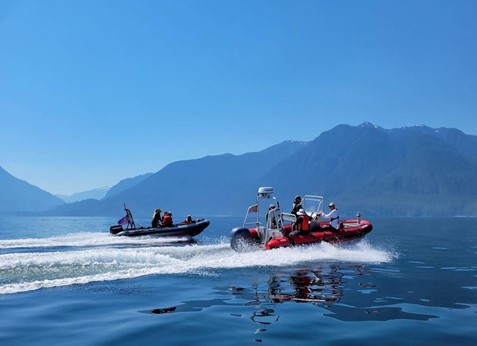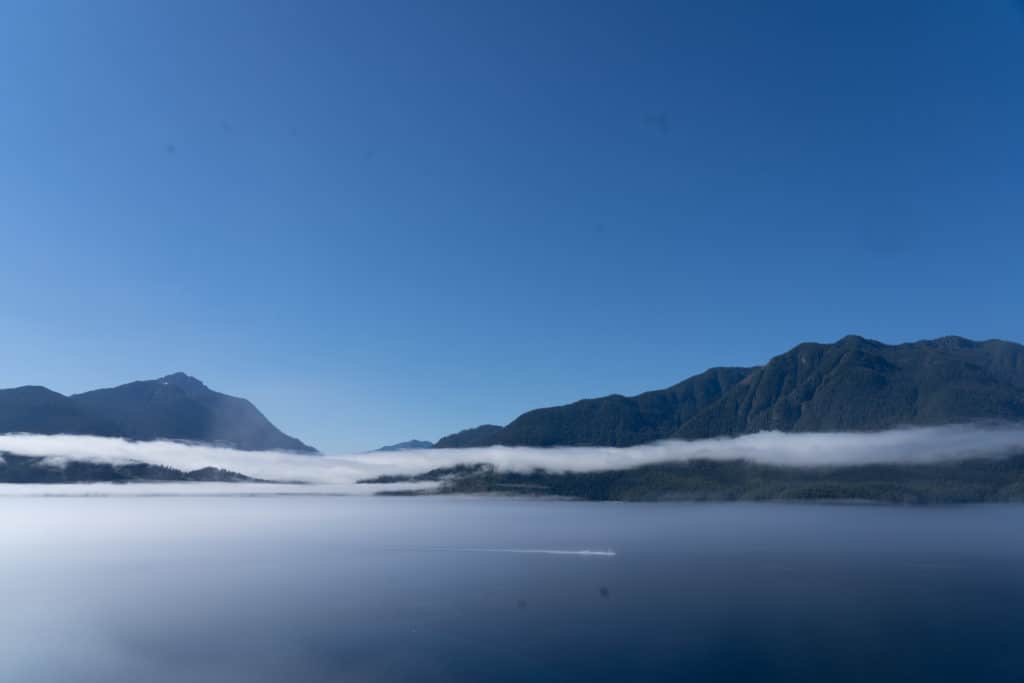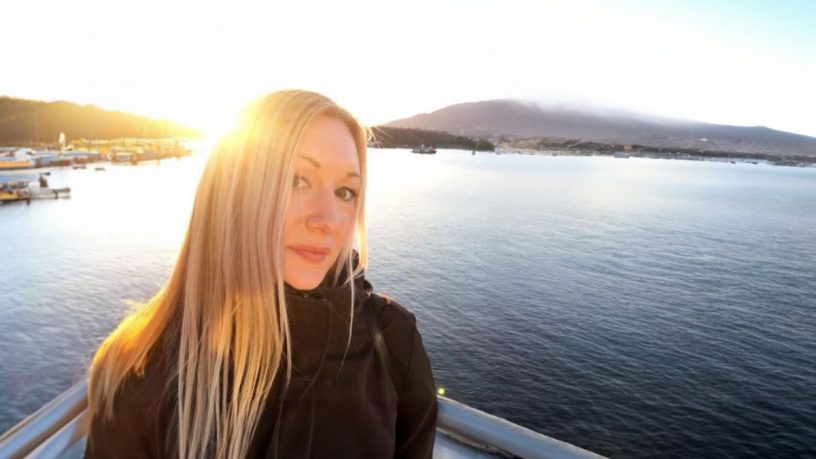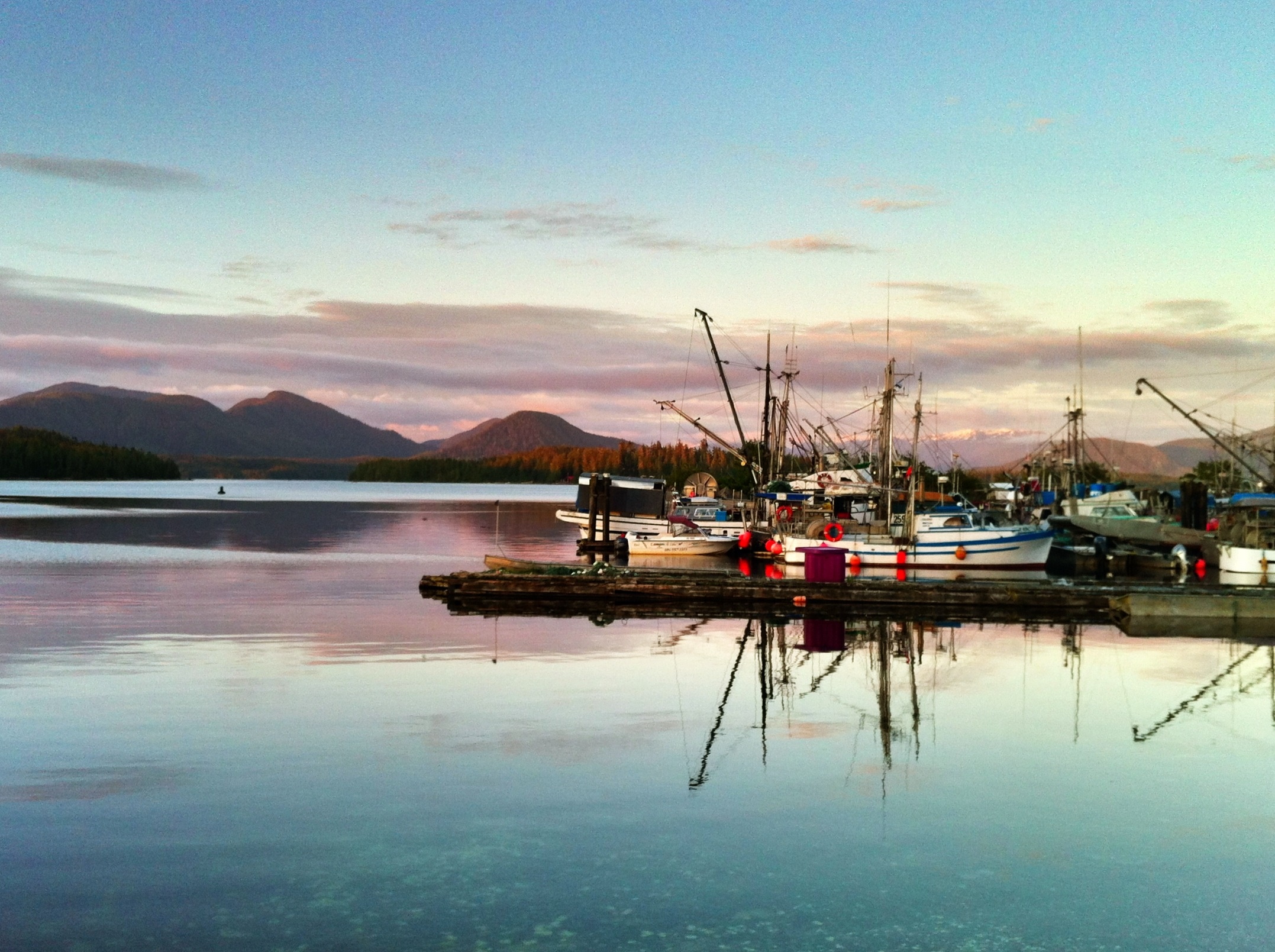
Welcome to Ocean Watch: BC Coast edition
British Columbia’s coastline is diverse, wild and wonderful. Numerous coastal communities dot the shores of stunning fjords and bays. The area’s ample supply of beautiful oceanscapes, unique plants, animals and natural resources supports tourism, recreational activities and livelihoods.
However, BC’s coastline is also the focal point of major developments, resource extraction and a constantly growing population, particularly in major urban centres. Climate change is stressing the integrity of coastal ecosystems. Many people are aware of how their actions influence the ocean and are seeking ways to reduce their impact.
The Ocean Watch: BC Coast report (2018) pulls together data, evidence and stories to give a holistic overview of the health of BC’s coastal environment. It groups information under seven themes: species and habitats; clean water; sense of place and wellbeing; coastal development and livelihoods; stewardship and governance; oceanography and climate change; and seafood. The key topics themselves include humpback whales, microplastics, underwater noise, marine protected areas and sustainable seafood, among others. Ocean Watch ascribed a health assessment rating to each of these topics based on the information presented in the report, to provide an easily understandable visual overview of the topic.
Each key topic provides a list of conservation actions that individuals, organizations or different levels of government can take. For example, the action plan created within the Ocean Watch: Howe Sound Edition (2017) led to the formation of the Ocean Watch Task Force, a sub-committee of the Howe Sound Community Forum (HSCF). The David Suzuki Foundation and the Coastal Ocean Research Institute (CORI) created a publicly available map app of Howe Sound; it provides more than 140 layers of data relevant to the conservation of the marine environment. In addition, a Marine Reference Guide is being produced, which will provide resources to support decision-makers encouraging a healthy marine environment, alongside sustainable economic and community development.
Individuals in more than 65 countries have viewed the Ocean Watch webpages in the last six months alone, with Canadian viewers topping the list. On average, more than 300 people use the Ocean Watch website every month. In the face of rapid population growth and development and a changing climate, Ocean Watch reports have become the go-to tools to help guide responsible, healthy decision-making that protects the integrity of the BC coast and delivers knowledge in support of conservation actions.
Posted August 30, 2019 by Ocean Wise

